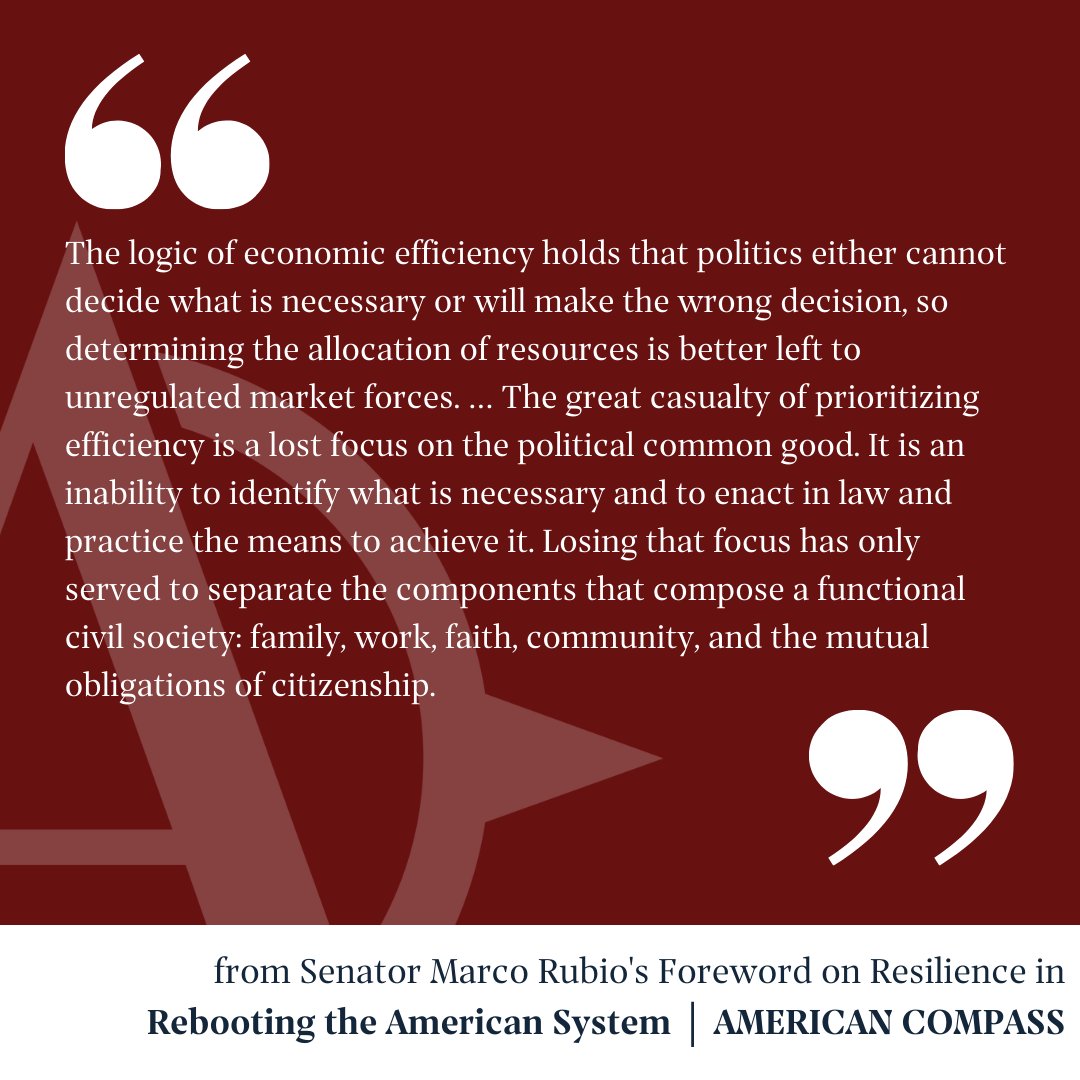
Today marks one year since the COVID crash's bottom, when the S&P fell more than 30% in a bit over a month.
After a decade of hedge funds woefully underperforming simple index-fund investing, this should have been their moment to shine.
They did not. americancompass.org/essays/coin-fl…
After a decade of hedge funds woefully underperforming simple index-fund investing, this should have been their moment to shine.
They did not. americancompass.org/essays/coin-fl…
Data on the performance of hedge funds and private equity in the COVID crash's wake is now available and, as @wellscking shows in the latest @AmerCompass Coin-Flip Capitalism update, the picture is not pretty. americancompass.org/essays/coin-fl…
The defense of hedge funds and their disastrously subpar returns in recent years has always been that they are specifically designed NOT to track the market and they provide value precisely because their performance is uncorrelated.
But in Q1 2020, as COVID roiled the markets, hedge funds... fell by 11%. Three-quarters of funds were down. Oops. Proving itself nearly as effective a hedge, your grandmother's simple balanced portfolio of 60% stock index fund, 40% bond index fund fell by about the same amount. 

Then in Q2 2020, as markets recovered, hedge funds... followed them right back up with them, but lagged behind the simple balanced portfolio. After the first half of 2020, hedge funds were still slightly down for the year, while the balanced portfolio was up. 

Over the past ten years, hedge fund managers have underperformed a balanced portfolio by 100 points and the S&P 500 by 200 points, while apparently failing to provide the hedge for which investors sacrificed those returns and paid countless billions in fees. 

For all the data on Coin-Flip Capitalism and the failures of private investment funds, visit the @AmerCompass Returns Counter.
americancompass.org/projects/coin-…
americancompass.org/projects/coin-…
• • •
Missing some Tweet in this thread? You can try to
force a refresh












